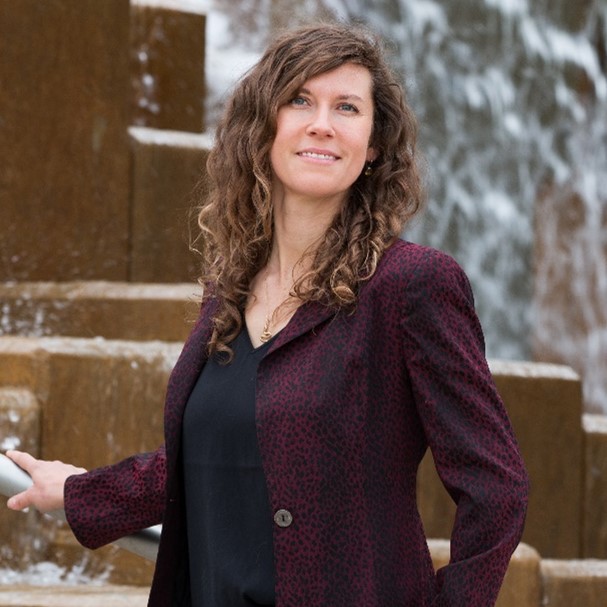
Abstract
Mucus is essential for life and serves as a barrier to hydrate, lubricate, and protect tissues. Mucin glycoproteins are the major component of mucus. There are 20+ mucin genes with variable expression patterns, splicing, and post-translational glycosylation that result in structures with discrete biochemical functions. Mucins play roles in infection, immunity, inflammation and cancer. Such diversity has challenged study of structure-function relationships. The Kramer lab is developing scalable methods, based on polymerization of amino acid N-carboxyanhydrides, to synthesize glycoproteins that capture the chemical and physical properties of native mucins. We are utilizing these synthetic mucins to engineer the glycocalyx of live cells to shed light on the role of glycans in health and disease. Areas of focus for our lab are progression of epithelial cancers, and pathogen infection processes.
Bio
Prof. Jessica Kramer obtained her Honors B.S. in Chemistry from the University of Utah and her Ph.D. in Organic Chemistry from UCLA under the direction of Prof. Tim Deming. She joined the lab of Prof. Carolyn Bertozzi at Stanford and the University of California Berkeley as an NIH and University of California Chancellor’s postdoctoral Fellow. Prof. Kramer began her independent career at the University of Utah in the Department of Biomedical Engineering in 2017. Her lab utilizes a combination of polymer chemistry and protein engineering to probe fundamental questions in mucin glycobiology relevant to cancer and infection processes. She is the recipient of the David Gin Young Investigator Award (2024), Marion Milligan Mason Award (2023), an NIH MIRA (2022), an NSF RAPID (2020), an NSF CAREER Award (2018), Dream Chemistry Award (2017), an NIH NRSA (2015), and the Henkel Award in Polymer Chemistry (2015).